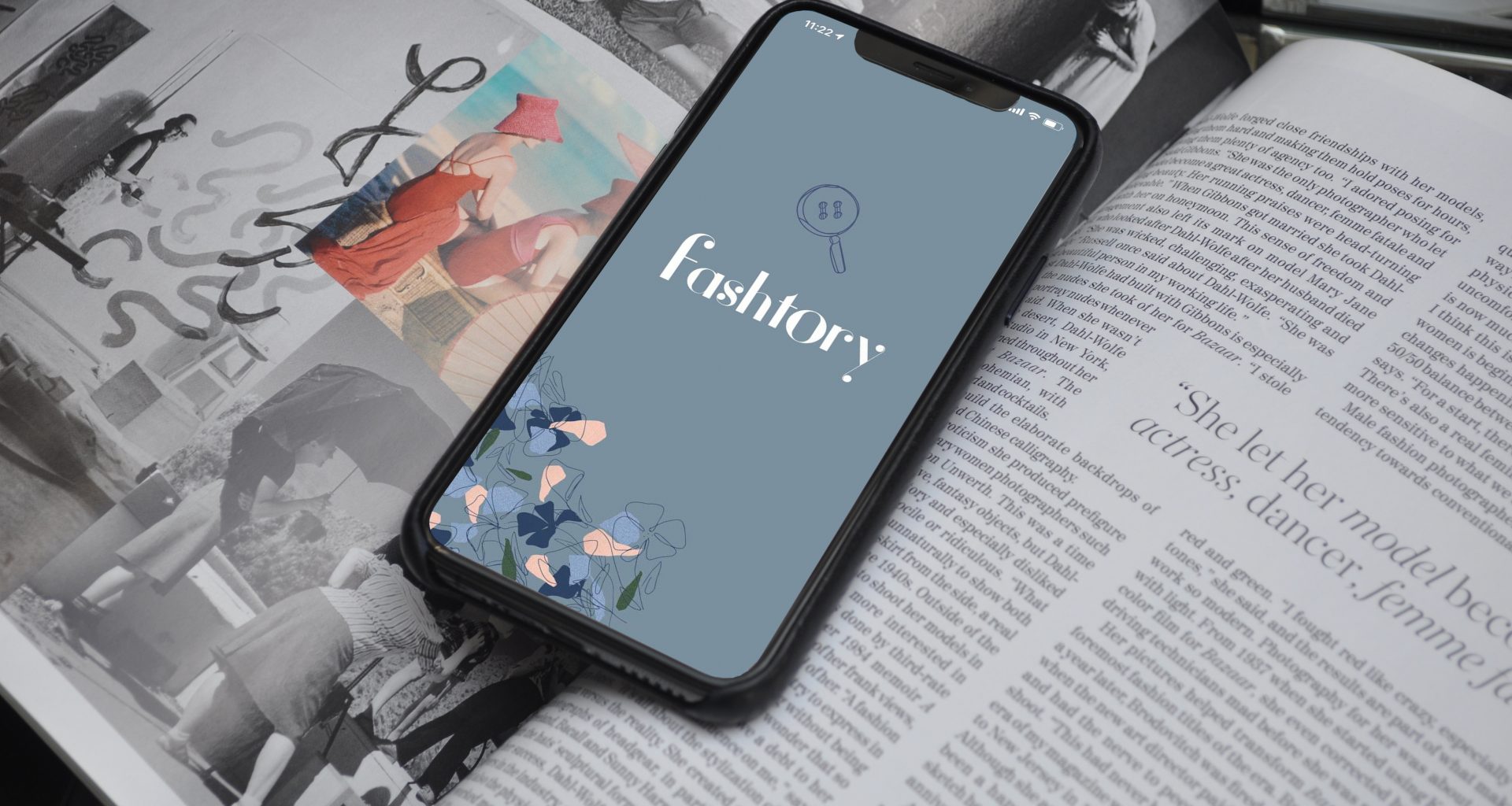
Fashion's very own social network.
As listed by the company, Fashtory is the only platform that acts as a social network that is entirely dedicated to fashion; it aims to be the online directory that guides customers and travelers to fashion designers and stores from around the world.
Below hear from the Founder Alanoud Al Mubarak in KSA, on her intentions behind starting such a beneficial tool for designers and customers alike.
About Fashtory
1. Tell us about Fashtory.
Fashtory is a social network directory for fashion designers, style-lovers and trendsetters. Fashtory makes sourcing unique fashion easy within a click of a button. It also connects brands and designers with potential clients and allows them to receive immediate feedback and widen their clientele, especially in the GCC region. Fashtory has more than 200 emerging brands from 21 countries around the world.
I created Fashtory out of a genuine desire to help fashion lovers across the world connect with local designers when travelling and our main aim is to make the process of sourcing and connecting with designers abroad as easy as possible for busy women like me.
2. Describe a day in the life as founder of an online platform.
A typical day of an online platform founder would usually entails keeping up with the slightest details from strategy, team meetings, sales, to packaging, to content updates. Sometimes, it might be overwhelming but it’s definitely rewarding and highly worth it.
3. What is unique about the fashion scene in KSA versus other GCC countries?
What is unique about the fashion scene in KSA is that women have a very specific style that we need to accommodate. It’s also evolving and changing rapidly lately and it is no longer as traditional as it was before, which gives us an opportunity to diversify our content and the brands we work with all over the world.
4. We see you use the mobile functional OneLink as your e-shop platform; why do you only focus on mobile shopping?
Fashtory itself is a mobile application and all our database is accessible freely via the app, we introduced the shopping feature as a part of our online pop up this year and leveraged our current data.
Mobile shopping is more accessible to anyone anywhere, people can easily shop from the comfort of their home effortlessly. I strongly believe that this will be the future of retail shopping and what happened this year with the pandemic is a proof.
5. Fashtory’s Instagram is very colorful, eclectic and fun, mixed with quotes and products. Can you inspire us with your logic behind how you plan your content strategy?
If you go on Instagram now you can see countless fashion accounts popping up everyday, that mainly focus on the commercial part in a very repetitive way that lacks authenticity, and they mainly use black & white in their platforms etc.
When we started our Instagram, we wanted to be original and create a unique experience for our followers where they can learn about fashion in a colorful and eye-catching way. We personally love graphics, visuals and truly believe that brand visuals with some artistic elements create a more memorable experience.
We want them to actually know more about fashion, the trends, the fabrics, the evolution of certain styles, not just consume.

"I strongly believe that [mobile shopping] will be the future of retail shopping and what happened this year with the pandemic is a proof."
6. In your experience, when is it important to push Arabic content in addition to English?
Since our clientele is mainly based in the GCC, it’s important that our content is understood by each and everyone of them, hence the use of Arabic. Moreover, Arabic is our mother tongue and although it’s hard sometimes to find some Fashion terms in Arabic, we try as much as we can to convey the meaning in an easy way so our readers could have both options. We’re based in Saudi Arabia at the end of the day.
7. Tell us what it entails to create a successful online pop-up shop versus a traditional offline one.
First and foremost, you need to be honest with your clientele and sell them something that you really like and that represents your image as a brand, items that you would want to wear yourself. That way, you can wholeheartedly and confidently promote it. There’s also the marketing aspect of the process. The key here is to market your items wisely and not excessively. People don’t like it when you push it too much and force them to buy.
8. How has the fashion events space narrative changed since March 2020?
There’s no doubt that 2020 was a difficult year for the fashion industry, I think consumer behavior shifted into more conscious buying, they’re looking for pieces that are sustainable and more timeless rather than too trendy.
9. What do you foresee pop-ups will look like in 2021?
I think the market has shifted towards more digital showcases & online pop ups. People got used to shopping online this year due to the lockdown and the pandemic, and even when life get back to normal, I suspect that online pop-up shops will keep operating widely.
10. What advice do you have for aspiring e-shop entrepreneurs?
Always believe in what you’re doing. Stay focused. Never lose hope. It’s an ups and downs sector. Even if you do not sell as much as you intend to, if you’re doing the best you can and if you put your heart and soul into it, you will achieve your goals eventually. And always recreate and rebrand yourself.




